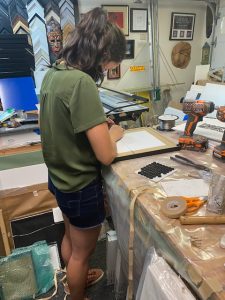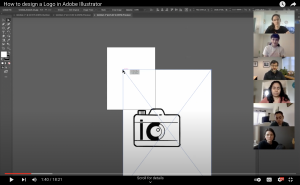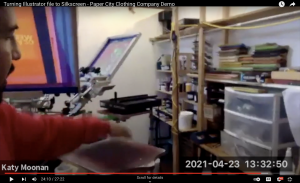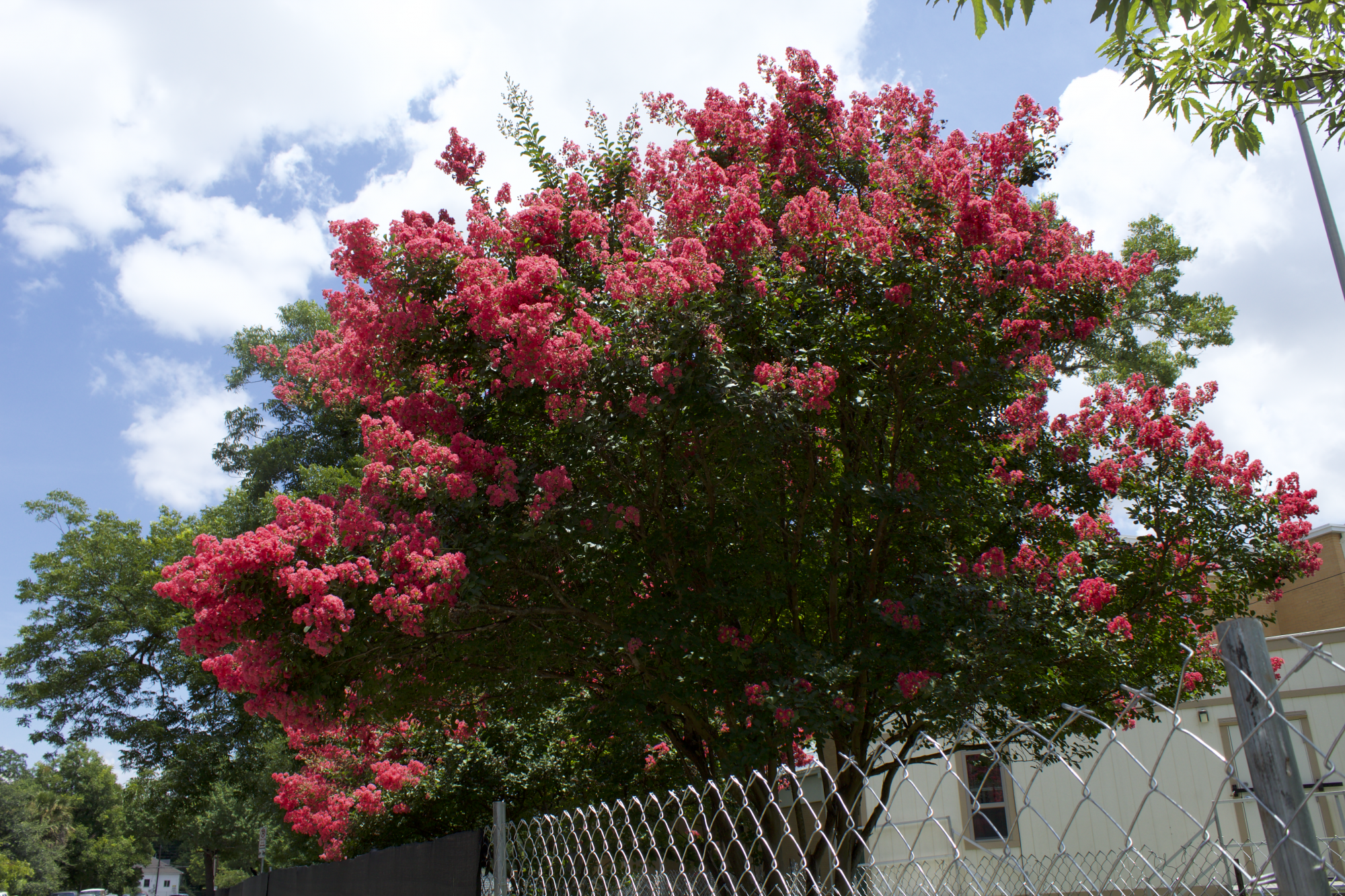I created this project in the spirit of knowledge-sharing and collaboration. The knowledge I have to offer comes from my experience working in a digital arts space, two museums, and an Austin art gallery La Peña. Through these experiences I met several incredible mentors who introduced me to their respective fields. Small cultural arts organizations like La Peña have particularly captured my attention over the past two years, because they are doing work that no other institution is doing. They have a deep understanding of the people they serve. I don’t have that level of understanding with a community (not yet), but what I can offer to these organizations are the skills I have learned in my undergraduate education and work at Smith. I have learned a great deal from these organizations, so I am obliged to contribute my efforts to their cause.
While interning with La Peña in 2020, I witnessed firsthand the amount of labor, community connections, and clever, strategic thinking that small galleries implement to support the artists who rely on them. The symbiotic relationship between artists and organization founders at La Peña and other nearby organizations struck me. They understood each other on a more intimate level than collaborators at larger organizations. This was essential when it came to helping artists secure funding, recruiting emerging artists for shows, and fundraising for the gallery. Over the years they had established tried-and-true methods for meeting all of these goals, but those methods suddenly became impossible when the pandemic began. The only path forward was to become engaging and accessible online. Co-founder Cynthia Pérez recognized this need immediately, so when I first reached out to her asking if I could intern virtually, she responded with a list of tasks for me to begin right away.

I met Carlos Peña and Katy Moonan of Paper City Clothing Company in the spring of 2021 while working in the Smith College Imaging Center. A friend of theirs worked in the Imaging Center at the time and wanted to create a collaborative screen printing workshop with Smith College. Because of the pandemic they could not host their usual in-person workshops, which is of course an essential component in screen printing. We had to find a way to collaborate in this medium with such highly specific hardware even though we were all so far from one another. My coworkers and I hosted one part of the workshop, giving a demonstration on designing graphics in Adobe Illustrator, and Carlos and Katy then gave a Zoom demonstration from their studio space showing the process of screen printing our designs onto T-shirts.


When I began the internship with La Peña, I didn’t know how to make videos, run a Facebook page, or do project outreach. I had very little experience conducting interviews. But as a ‘digital native’ I’ve consumed all kinds of content for most of my life, so I reverse engineered it. When I began the project with Paper City I didn’t know how to run a workshop, and I wasn’t confident in my skills with Illustrator. I simply followed the same process of trial and error that many grassroots organizations contend with every day. Despite the fact that I was familiar with a wide range of digital media, I still found it difficult to produce content.
These experiences were simultaneously great intellectual challenges and very humbling ones. They changed the way I view social media and digital content from all arts organizations. Now I always ask this question: how can we expect small cultural arts organizations to continue providing us with new experiences and art if they do not have the proper support to reach out to us? We cannot expect each other to know everything. Combining our collective resources whenever possible is not just pragmatic; it is also compassionate and necessary.
